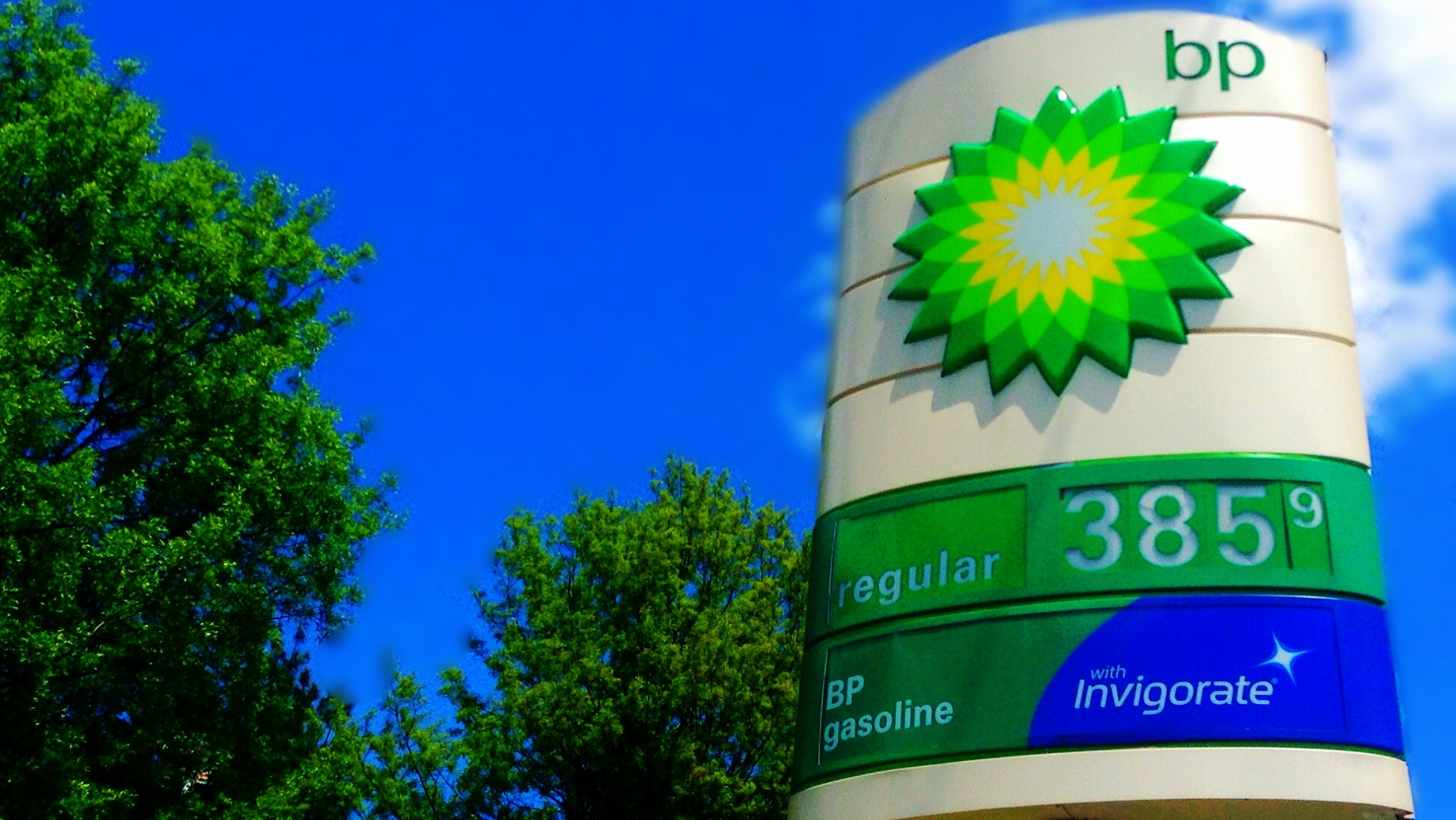In your article that asked how BP can make record profits in the cost-of-living crisis, Dr Mari Martiskainen is quoted as saying that “as less Russian oil and gas reach the markets, prices go up, which increases profits for suppliers”. But is there really such a direct relationship between the rising cost of gas and the profits for instance BP are making? I don’t think so.
Here is an example illustrating why I disagree: let’s assume I am selling a product for which I buy the raw ingredient in bulk for £1 a unit, and I then sell it at retail for £1.50. With the 50p covering all the overheads, like the cost of distribution, advertising, warehousing etc. And the 50p also includes my profit margin of 10p, which at this stage is 10% of the cost of the raw ingredient. But then the cost of the raw ingredient on the world market doubles to £2. Protecting my profit margin, I can decide to pass on this price increase completely to the end customer, by increasing the retail price from £1.50 to £2.50. A massive price increase. However, my profit is still the same so long as I stay at the 10p per unit. Which was good enough so far, so why should it no longer be?
I can only increase my profit if I also decide to increase the profit margin. If for example I decided to stick with my rule of expecting a profit of 10% of the raw unit price, then yes, the profit indeed doubles. But that’s a conscious decision to extract more actual profit out of my product. Using a well-published increase in price for my raw ingredient to hide behind – increasing my profit on the sly.
This is in my view what’s happening not just with the most obvious examples like BP and other energy companies. I believe it is also happening across the board for almost everything we buy these days. So maybe journalists should stop saying, or alluding, that the excess profits are a by-product of rising gas or oil prices. They are not. If all manufacturing as well as services would just pass on their increased cost base, then inflation would not be the 10%+ we are experiencing. Kind regards,
Harald Simon
Do you have lived experience or burning opinions to share about this story? We want to hear from you. And we want to share your views with more people. Get in touch and tell us more.





